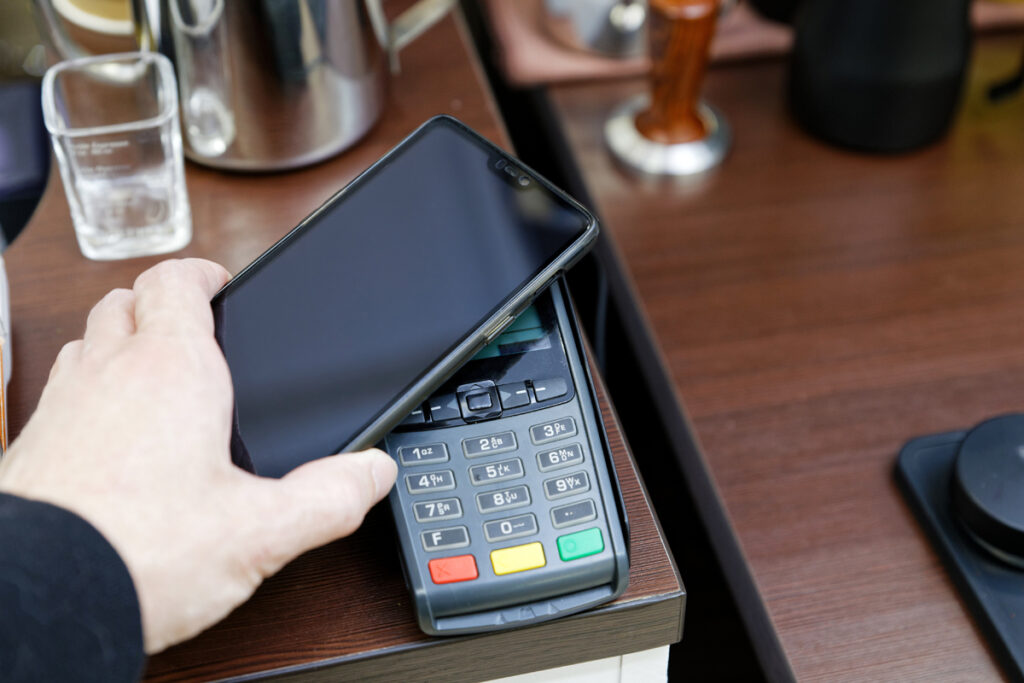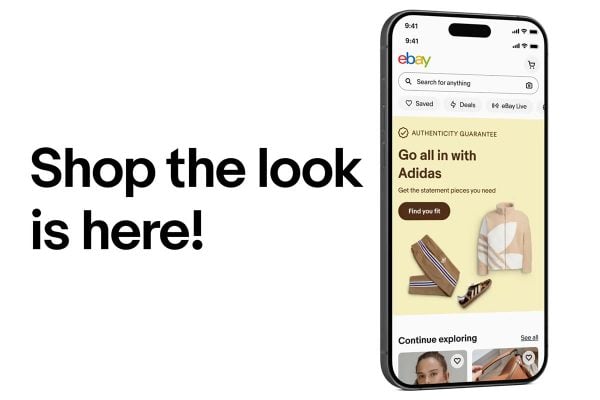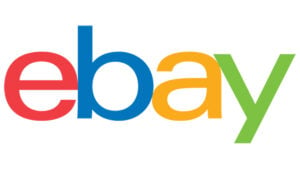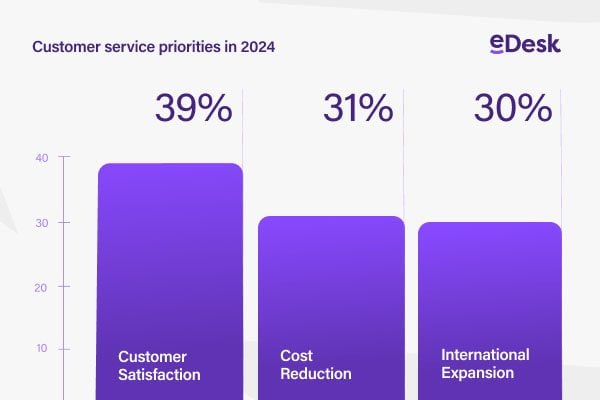 Lee Jones, Director of Sales and Business Development at Ingenico Enterprise Retail today discusses the rise of the cashless society, if marketplaces are keeping up with payment trends and how you can cater for consumers with a preference for cashless offline when they come online to your website:
Lee Jones, Director of Sales and Business Development at Ingenico Enterprise Retail today discusses the rise of the cashless society, if marketplaces are keeping up with payment trends and how you can cater for consumers with a preference for cashless offline when they come online to your website:
Society is becoming increasingly cash-free as more consumers choose to rely on debit and credit cards, as well as alternative payments like Google Pay, Android Pay, and Apple Pay. As such, some businesses are beginning to provide more options for cashless payments, but not all are finding it easy to keep up. Making the systematic changes can be expensive, time-consuming and many retailers don’t know where to begin.
Nevertheless, the situation will be more dire if businesses don’t act. Research from UK Finance showed that in a ten-year period the amount of payments made with physical money dropped by 22%, falling from 62% in 2006 to 40% in 2016. At present, less than half of all payments in the UK are made with cash, and if this trend continues then by 2026 it is predicted that this will drop to 21%. An exciting prospect for consumers, this will only leave unprepared marketplaces in the past. Fortunately, there are ways to combat this, such as partnering with the right payments provider to support you through the changes. Ingenico Enterprise Retail and Hemisphere West Europe recently partnered to tackle this issue in the unattended market – let’s take a look at how consumer demand is shifting and what can be done to help across other marketplaces.
Changing with the times
Every sector has to adapt to changes in consumer culture. From small independents, to large marketplaces, to pop-up stalls and beyond – all have had to update their systems to provide whichever alternative payment option their consumer requires. The same can be seen within the hospitality, ticketing and EV charging industries – basically anywhere that a paid-for service is required.
One of the main issues hampering businesses is the fact that payments preferences are constantly changing. Some sectors, such as car parks, have started offering newer payment methods – such as contactless and pay by app – but they sometimes only support one or two forms of alternative pay. Even then, pay-by-app can be cumbersome for the consumer if they don’t already have the specific software downloaded. This isn’t enough to cater for evolving consumer preference. To keep customers happy, it’s important that all sectors update their systems to avoid consumers becoming frustrated and going elsewhere.
Online is not exempt
Online marketplaces have always been cashless – unless the consumer meets the seller in person after a transaction has been agreed upon, physical cash will never pass hands. So, you would naturally assume that most online retailers would be up to date with all the alternative payment options and yet this doesn’t appear to be the case.
Two of the biggest online marketplaces Amazon and eBay, offer an array of payments methods, such as credit and debit card payments and PayPal, but not all of the most popular alternative payment methods are supported. Amazon has its own personal payment option called Amazon Pay, but that is it – it doesn’t natively support Apple Pay or Google Pay. Meanwhile, eBay has only just begun rolling out Apple Pay as an option, despite the service being available since 2014.
Consumers are quickly finding which payment method fits them best, and these tend to be the ones that work seamlessly both offline and online. PayPal is the predominant payment option online, with almost every retailer having the option, yet outside the digital world it is rarely supported. Some payment apps have PayPal integration but it’s not universal.
An omnichannel approach which combines all payment gateways into the same ecosystem is swiftly becoming the answer to striking this balance. This will not only provide customers with the seamless, reliable and familiar service they increasingly demand across every channel, but will help businesses improve their offering by enabling them to recognise users whatever their journey and consolidate all transactions into the same tool and report.
With the number of consumers going cashless and relying on alternative payment methods in the physical world, it makes increasing sense for the digital world to match.
Syncing up our payment habits
Ultimately, businesses – both offline and online – need to put in the work to stay up to date with the latest payment methods. As consumer habits change, industries must adapt or lose out on sales. While the digital marketplace technically already operates as a cashless world, it needs to embrace more alternative payment methods or risk knockback from customers, who will take their support to a retailer who caters to their payment preferences.
Keeping up can be an expensive and daunting process, which is why Ingenico Enterprise Retail is here to help. By outsourcing to a specialist in the contactless payments sector, industry best practices are being utilised to help retailers stay up to date with the latest payment methods. By using an Application Programming Interface (API) merchants can integrate their partner’s payment applications seamlessly, making updating terminals with the latest payment methods more cost-efficient and less time-consuming.











One Response
While on the face of it, accepting any and all payment methods is the obvious thing to do, it’s not necessarily the right thing to do when you’re the size of amazon.
Why do google pay and Apple pay (and a thousand others) exist? because there’s good money to be made in the payments sector. why don’t ebay and amazon want to accept every form of payment? because there’s good money to be made in the payments sector. why are ebay bringing out their own payment gateway…. you get the picture.
I glossed over the article because (no offense) i’m not wasting my time reading “What can BMW do about the continued decline in horse and carriage?”, however in my glossing over i don’t appear to have seen any mention of alipay, which is the answer to the question you should be asking.